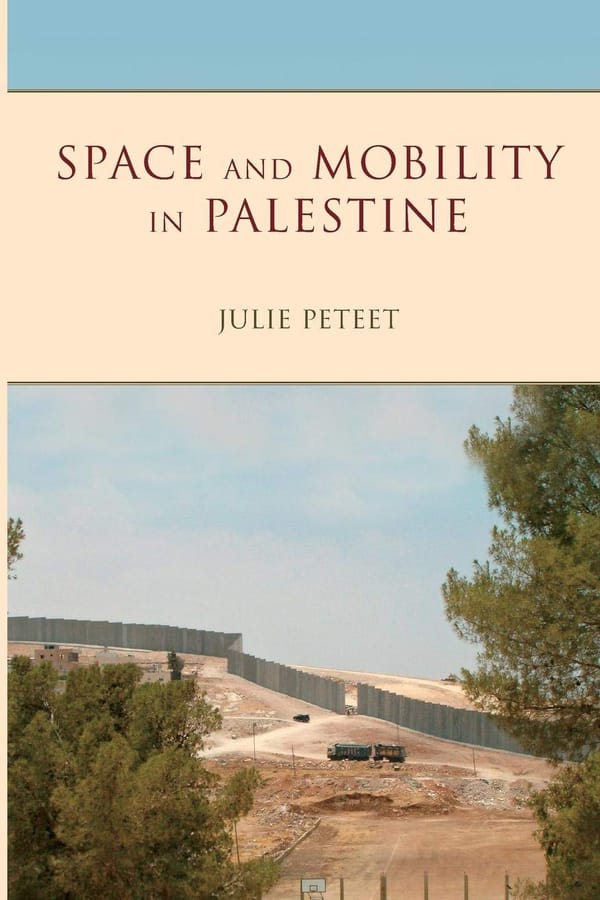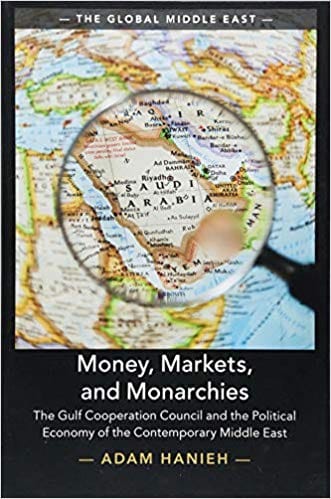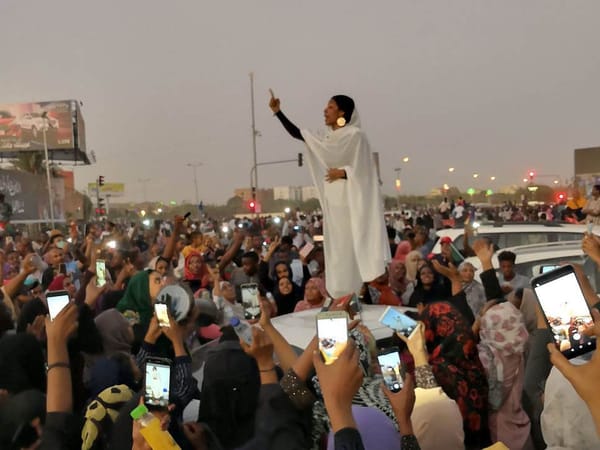



Russia Opens Digital Interference Front in Libya
The Middle East is increasingly awash with fake news and misinformation campaigns. Russia has become a major vector of these disinformation campaigns, affecting virtually every major flashpoint in the Arab world. It just opened a new info-war front in Libya.

Autopsy of Erdoǧan’s Istanbul Defeat
Turkey's authoritarian President Erdoǧan’s attempt to manipulate Istanbul's recent mayoral election led to a humiliating defeat. Despite the tight grip Erdoǧan and the AKP appear to have over Turkish politics, Turkey's population is much more fractious and agitated by the regime than previously kno
Scholars, Spies and the Gulf Military Industrial Complex
A military-industrial complex is growing in the Gulf states. In May 2018, a British researcher Matt Hedges was arrested in the UAE and charged with espionage for researching this industry as a spy, not a scholar. His colleague Shana Marshall explains why.

Countering Christian Zionism in the Age of Trump
Behind President Trump's fervent embrace of Israel are millions of Christian Zionists who believe that the establishment of a Jewish ethnostate in Palestine is a requirement for the fulfillment of end-times prophecies. But a growing movement of Christians is challenging this controversial theology.